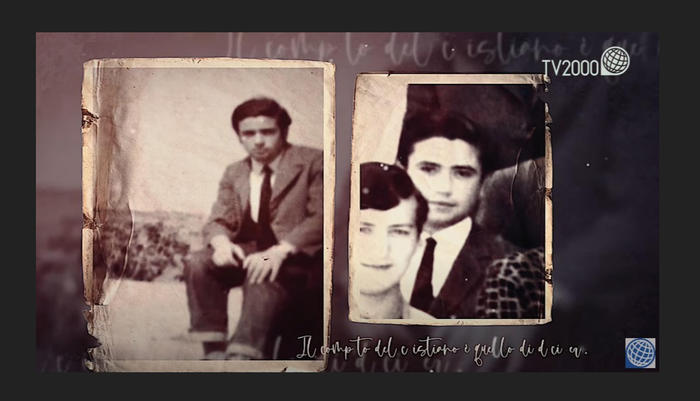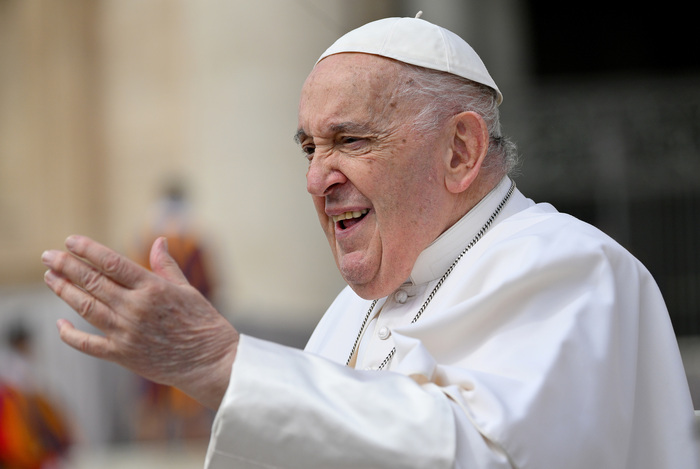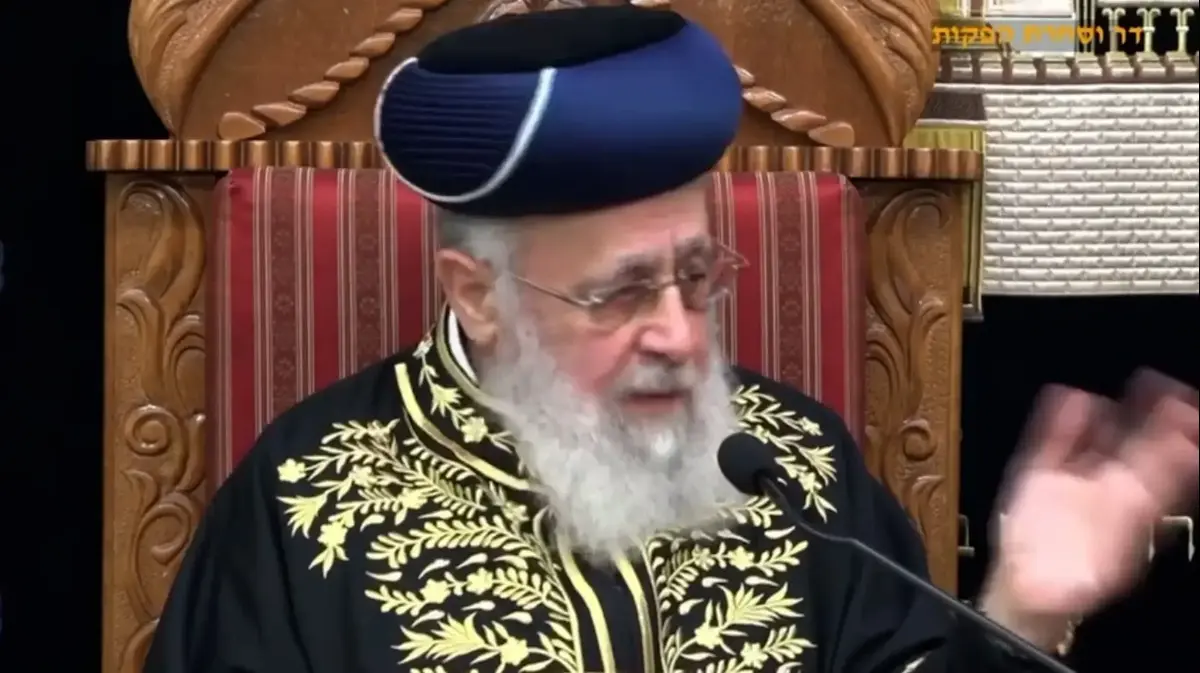When, on 21 September 1990, Judge Rosario Livatino was killed by the mafia, almost nobody knew him, with the exception of his torturers: he worked at the Court of Agrigento and spent his days in dusty files, dealing mainly with seizures and confiscations of stolen assets to the mafia. This earned him his death sentence decreed by the men of the Stidda, a mafia organization from Agrigento, four of whom were later sentenced to life imprisonment. But that crime also took place "out of hatred for the faith" of the magistrate - the Vatican authorities have established - for which, once martyrdom is recognized, Judge Livatino, a practicing Catholic, will be proclaimed blessed. The decree of the Congregation for the Causes of Saints, having received the authorization of Pope Francis, was published on December 22 last year.The beatification ceremony will take place next Sunday, May 9, in the cathedral of Agrigento and will be presided over by the cardinal by Cardinal Marcello Semeraro, Prefect of the Congregation for the Causes of Saints.
The date is not accidental: in 1993, precisely on May 9, John Paul the Second, in the Valley of the Temples, addressed his peremptory invitation to the mafia: "Repent! Once the judgment of God will come!". Livatino - "the boy judge", as he was renamed after his death - was killed along the state road that he drove every morning from Canicattì - where he lived with his parents - to the court of Agrigento. He had refused the escort: he begged the murderous "picciotti" to save his life, in response he received the coup de grace in the face. Due to the coherence between his faith and his commitment to work - the mafia called him, with contempt, "holy man" because of his frequentation of the Church - the cause was initiated to raise him to the altars.In the decree on martyrdom it is written that Livatino was considered unapproachable by his persecutors, "irreducible to attempts at corruption precisely because of his being a practicing Catholic. From the testimonies, including the instigator of the murder, and from the court documents, it emerges that the aversion towards him it was unequivocally attributable to the odium fidei (hatred of the faith) ", to the point that, initially, the principals had planned the ambush" in front of the church where the magistrate made a daily visit to the Blessed Sacrament ".aversion towards him was unequivocally attributable to the odium fidei (hatred of the faith) ", to the point that, initially, the principals had planned the ambush" in front of the church where the magistrate made a daily visit to the Blessed Sacrament ".aversion towards him was unequivocally attributable to the odium fidei (hatred of the faith) ", to the point that, initially, the principals had planned the ambush" in front of the church where the magistrate made a daily visit to the Blessed Sacrament ".
Di Livatino also remains a highly topical imprint of civil commitment regarding, for example, some reflections on who is called to administer justice and on the duty not to bend the law to partisan interest. And again the relationship between magistrates and politics. Speaking in 1984 at a conference on the role of the judge, he said: "It would be highly appropriate for judges to renounce participating in electoral competitions as a candidate or, if they believe that the seat in Parliament far exceeds the prestige, power and importance office of the judge, made an irrevocable choice, burning all the vessels behind them, with the definitive resignation from the judicial order ".
Faith and work appear as one in another writing by the "boy judge", from 1986: "The magistrate's task is to decide. Now, to decide is to choose and, at times, between numerous things or paths or solutions. And choosing is one of the most difficult things that man is called to do. And it is precisely in this to choose to decide, to decide to order, that the believing magistrate can find a relationship with God ". Pope Francis, speaking on November 29, 2019 to the members of the "Rosario Livatino" Study Center, called the magistrate "a shining example of how faith can be fully expressed in service to the civil community and its laws; and how obedience to The Church can be combined with obedience to the State, in particular with the delicate and important ministry,to enforce and apply the law. "After Livatino's murder, it took investigators months to decode the acronym" STD ", which was reported on the magistrate's notes, documents and notebooks and initially mistaken for a secret code. Eventually it was discovered that it was a constant entrustment that Livatino made to God: the three letters stood for "Sub Tutela Dei" (under the protection of the Lord "), the inspiring principle of his life and a sign of a profound spirituality.In the end it was discovered that it was a constant trust that Livatino made to God: the three letters stood for "Sub Tutela Dei" (under the protection of the Lord "), the inspiring principle of his life and a sign of a profound spirituality.In the end it was discovered that it was a constant trust that Livatino made to God: the three letters stood for "Sub Tutela Dei" (under the protection of the Lord "), the inspiring principle of his life and a sign of a profound spirituality.









